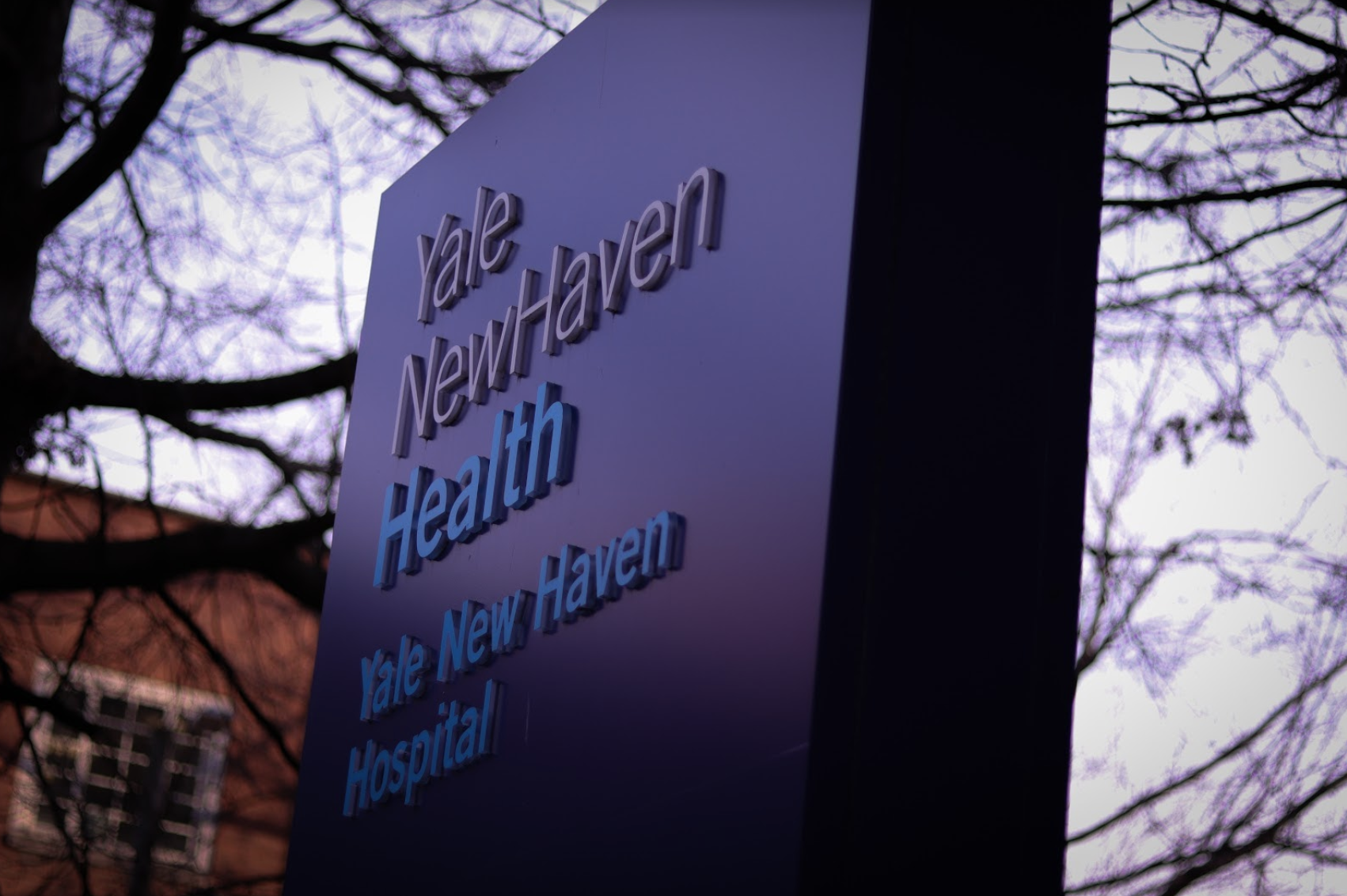YNHH terminates 94 employees who refused to receive COVID-19 vaccinations
After three weeks of verbal and written warnings, Yale New Haven Health sent formal notices of termination to employees who refused to comply with the vaccine mandate on Oct. 18.

Yale Daily News
On Oct. 18, Yale New Haven Health’s human resources department sent notices of termination to 94 employees who refused to comply with a COVID-19 vaccine mandate, leaving them in the challenging process of recovering from unwarranted job termination.
In late July, YNHH instated a vaccine mandate for all of its employees, requiring them to receive two doses of the Pfizer or Moderna vaccines or one dose of the Johnson & Johnson vaccine by Oct. 1. Employees could apply for religious or medical exemptions during that time. Throughout the first three weeks of October, employees without proof of vaccination or approved exemptions received verbal and written warnings. On the evening of Oct. 18, the 94 non-compliant employees received formal letters of termination.
“As of October 18, Yale New Haven Health has only 94 employees that are subject to termination,” Mark D’Antonio, Yale New Haven Hospital media relations coordinator, wrote to the News. “We are working with leaders and employees to ensure compliance with our policy in an effort to provide the safest environment for patients and staff.”
Thomas Balcezak, YNHH Chief Medical Officer, explained that the human resources department sent every manager in the Yale New Haven Health system a list of employees that did not have documentation of vaccination; those managers have been monitoring their employees’ vaccination status since July.
According to Balcezak, since the Oct. 1 deadline, managers have also been responsible for issuing verbal and written warnings to employees under their purview who have not received an approved exemption or a vaccine.
“I believe [employees] were very aware that this was coming,” said Richard Martinello, YNHH Medical Director for Infection Prevention. “Not only has there been quite a bit of discussion from leadership over the last several months, but also, since the beginning of October, the 94 individuals all received a verbal warning followed by a written warning the next week, culminating in termination this week. They were informed each step along the way of what the outcome would be.”
Martinello explained that the reason for the universal mandate is safety. Vaccinations create the safest work environment because COVID-19 vaccines are highly effective, he said. The YNHH system has provided nearly half a million vaccinations over the course of the pandemic, according to Martinello.
Balcezak told the News that employees could express any concerns about the mandate and ask questions during weekly town hall meetings. They could also submit comments anonymously.
The majority of YNHH employees received their COVID-19 vaccination before the deadlines, and most even received their vaccines before the mandate was announced, Balcezak told the News earlier this month. The health system has 28,589 employees, as of its 2020 annual report.
Francesca Palladino-Welburn, a physician assistant affiliated with Yale-New Haven Hospital wrote to the News: “Any medical professional that declines vaccination should be terminated.”
The News was unable to reach YNHH employees who refused vaccination. However, according to Balcezak, some of their reasoning include distrusting the vaccine due to its relatively rapid development and manufacturing time, downplaying COVID-19’s severity or believing that an employer, such as YNHH, does not have the right to enforce a vaccine mandate. He added that YNHH has tried to answer these concerns and provide reliable information about the safety and efficacy of COVID-19 vaccines through the infection management staff and weekly town halls.
Derrick Todd ’95, Chief of Clinical Rheumatology at Brigham and Women’s Faulkner Hospital, told the News that one of the concerns patients have in regards to the COVID-19 vaccines is the seemingly suspicious speed at which the vaccines came to market. He explained that the technology used for the vaccines had been researched for several years before the pandemic, and the vaccines still underwent a rigorous approval process before becoming readily available.
“[Vaccine development] was expedited out of haste because Covid was not going to wait for another ten years,” Todd said. “We can now say, with hundreds of millions of doses administered, that the vaccines are safe. In the end, the mathematics and statistics are unassailable in showing that the vaccine protects lives and will allow us to get back to some sense of normalcy.”
In terms of the YNHH vaccination mandate, Todd said that mandates are sometimes necessary and efficacious because they remove the responsibility of choice from individuals who are hesitant to get the vaccine.
However, he added that there are also other ways to communicate with vaccine-hesitant colleagues. In fact, Todd said that reaching out to vaccine-hesitant patients or colleagues has become a part of a physician’s duties.
“The problem with a mandate is that it is coming from an entity, not from a person,” Todd said. “Sometimes, it’s just educating a patient about the vaccine. Sometimes, it’s about breaking down deep-seated distrust. Sometimes, it’s about finding a way to build trust and have difficult conversations.”
Yale New Haven Health is the second-largest employer in Connecticut with close to 30,000 employees.







